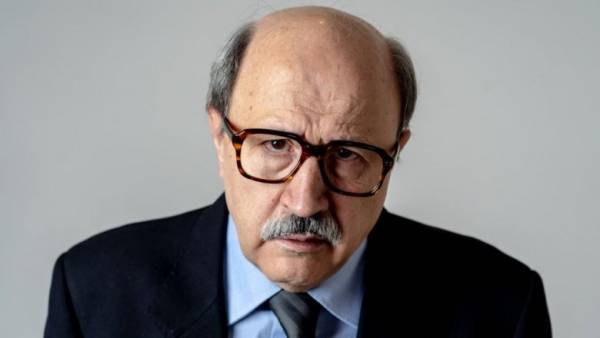We had a tough year? We will help you to forget
You may remember who won the world Cup in 1938, but I can’t remember where you parked the car? You think you have bad memory? However, the scientist will tell you that you have no problems with memory. Most likely, you don’t know when to forget about many unnecessary things.
Upstairs
If there is a limit to human memory, then we for all my life don’t even come close to it.
Psychologists and neuroscientists confirm that there is a certain amount of information that we are able to store in memory, but there is no reason to fear that in one moment this amount is reached, and the available space for new information in the memory will remain.
“That’s nice, but why am I constantly about something forget?” — you will ask.
The response of scientists might surprise you: most likely, they will say that it is not in remembering, but the fact that you probably don’t know when to leave a sufficient quantity of the unnecessary information.
To remember or to forget?
Let’s start from the beginning. There are three phases of “remembering”: the assimilation of information, its storage and memory.
When people complain about their memory, they usually believe their problem is the inability to remember information or keep it in memory.Robert Blockprotector of psychology, University of California
According to him, in fact, the problem may be the inability to throw out of memory superfluous information. This theory is becoming increasingly popular among researchers.
Think about how hard it is to find things in a cluttered room. Memory the same thing happens.
To clear the memory from trash
The more information we store in its memory, the more memories mixed together. Obsolete and unnecessary information will inevitably throw us off and prevent us from trying to organize the “useful memory” and to formulate the basic ideas, which can be very important for decision-making.
Professor Blake Richards from the University of Toronto and researcher Paul Frankland believe that “forgetting” is working, “embedded” in the memory mechanism.
Memory challenge — to optimize the process of conscious decision-making by keeping the important information and get rid of unnecessary information.To learn to forget
“It’s all good. But how to forget?” — you will ask.